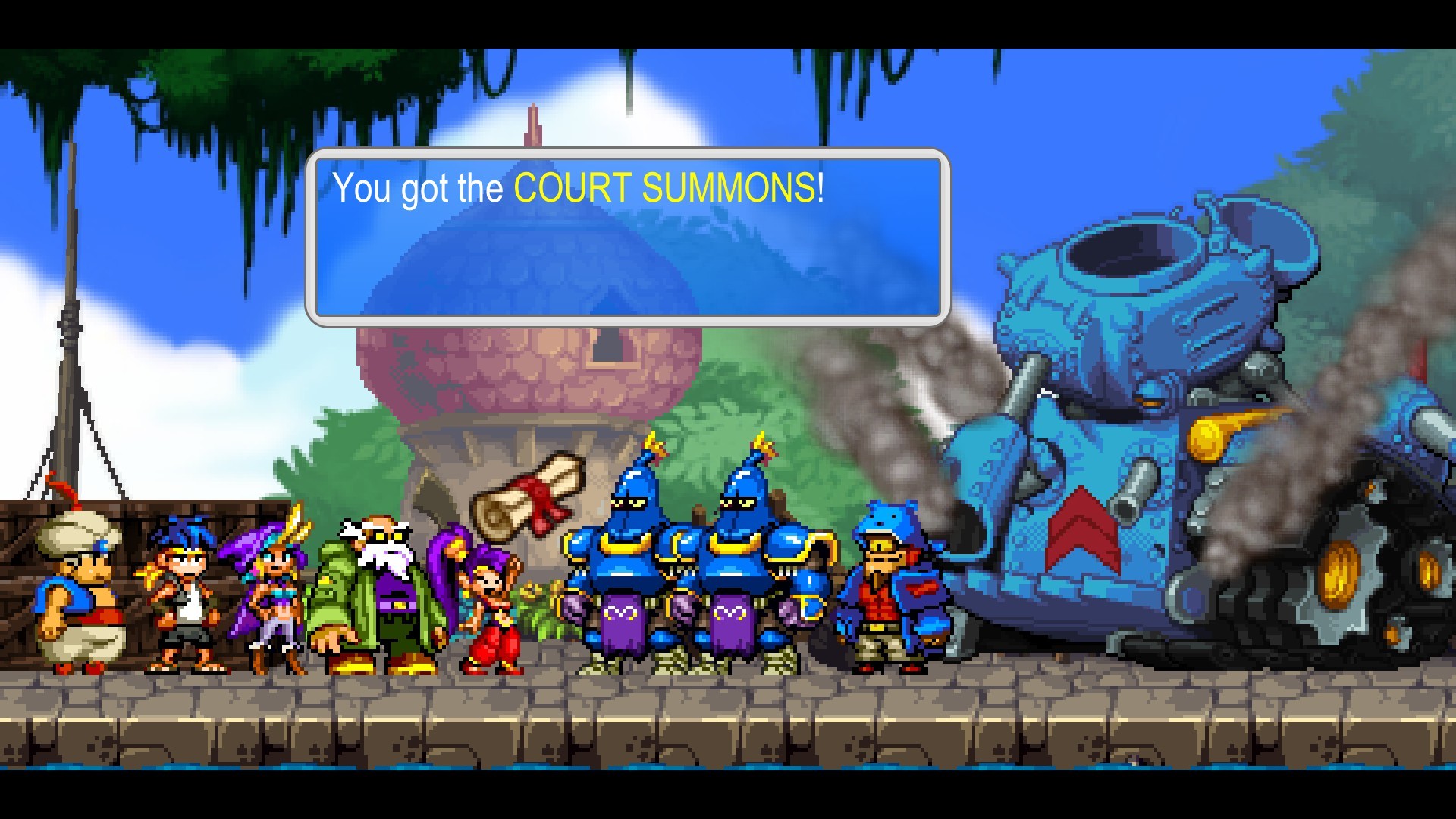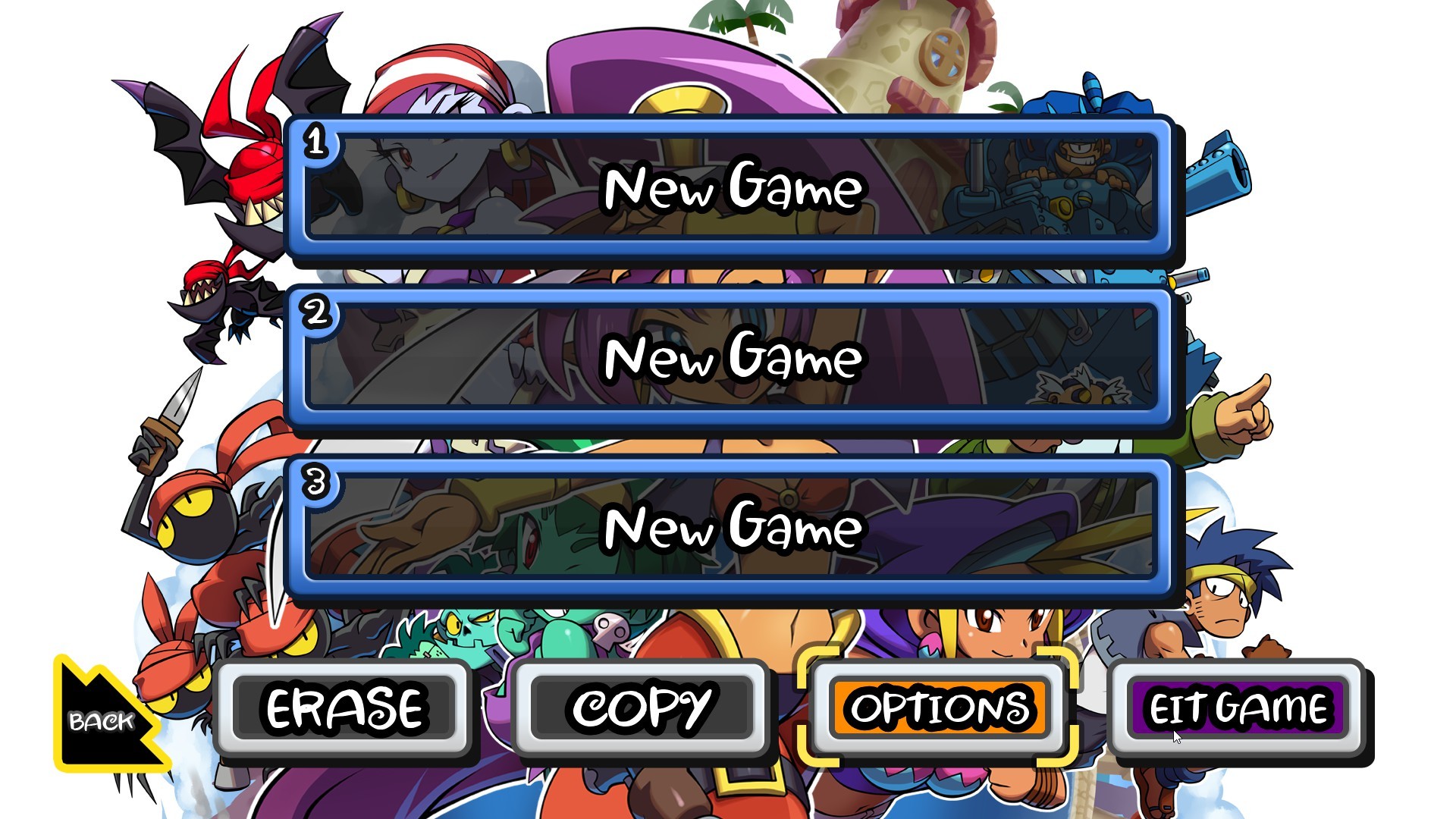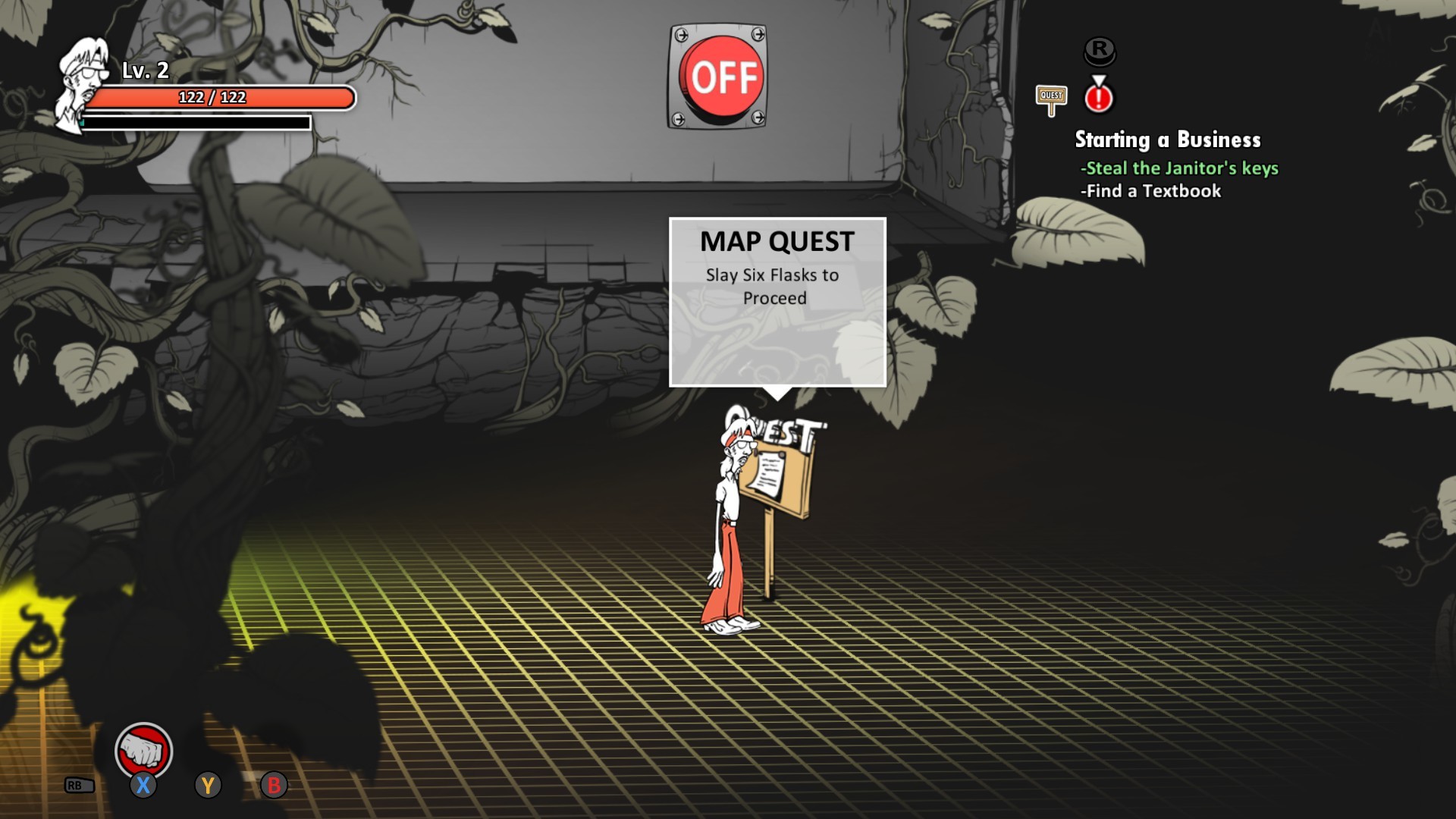I really wanted to like Divinity: Original Sin. I really did. But this relatively-recent, highly-rated CRPG ended up losing my interest for qualities it shares with decades-old genre ancestors like Baldur's Gate and Planescape: Torment.
At first I was into the writing and voice acting -- colorful characterization, a compelling murder-mystery hook, and a healthy amount of humor. But it didn't take very long for me to get tired of the game's over-verbosity, and then the plot took a hard turn into some deeply dry and hard-to-care-about fantasy mythology tropes. After the first couple hours, I was speed-reading the dialog and clicking through speeches just to get to the point.
The turn-based combat was ... fine, for starters, and I kinda liked being able to roll-over Action Points for a future turn. But then combat started to become difficult, and not so much due to stat boosts or new tactics. More due to the skeleton archer with poison bolts and fire bolts, who enveloped my party in a gas cloud and then made it explode! Or the enemy priest who I had no way of seeing all the way in the back, until he suddenly healed his friends and summoned more of them in the same turn.
What I mean is that combat became rife with abrupt and often deadly turns which couldn't really be recovered from -- I'd need to have approached from a certain direction, or brought certain specialized equipment, before the fight started. And the game didn't exactly warn when one or another of these situations was coming up; it seemed to assume that I'd die and retry, fleeing or reloading before preparing for another attempt.
(Also, before I turned down the difficulty setting, the game's chance-to-hit calculations felt like a cruel lie. I swear that I missed more than half of my "80%" shots. What kind of XCOM shit is that?)
Out-of-combat gameplay wasn't exactly a walk in the park, either. Character prep in this game is work. There were so many ability types to research, so many situational pros or cons to each weapon, so many magic scrolls and grenades and other items to stock up on; oh, and of course, each party member has their own separate inventory so I needed to manage each character's items one by one.
Some of my favorite modern RPGs, like Skyrim or Witcher 3, are clear mechanical simplifications of their predecessors -- fewer skill and ability nuances, smaller lists of character options, even blunter storytelling. And while it's charmingly cynical to say that these games are "dumbed down," they nevertheless delivered the content I wanted in accessible and convenient packages.
Divinity: Original Sin definitely had some content I wanted: the list of side-quests looked huge! and there were so many map areas I'd yet to reveal. There was just too much "filler" in the way, the pages and pages of pace-breaking exposition and reference material, the meticulous inventory management and lengthy die-and-retry loops... I guess some folks are into those aspects of classic PC RPGs, but they're not for me.
Better than: Dragon's Dogma: Dark Arisen, Planescape: Torment - Enhanced Edition
Not as good as: The Elder Scrolls V: Skyrim - Special Edition, The Witcher 3: Wild Hunt
This game gives me low hopes: for other recent-ish CRPGs like Pillars of Eternity and Wasteland 2.
Progress: Solved the murder mystery, I guess.


